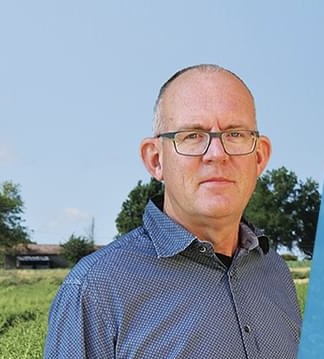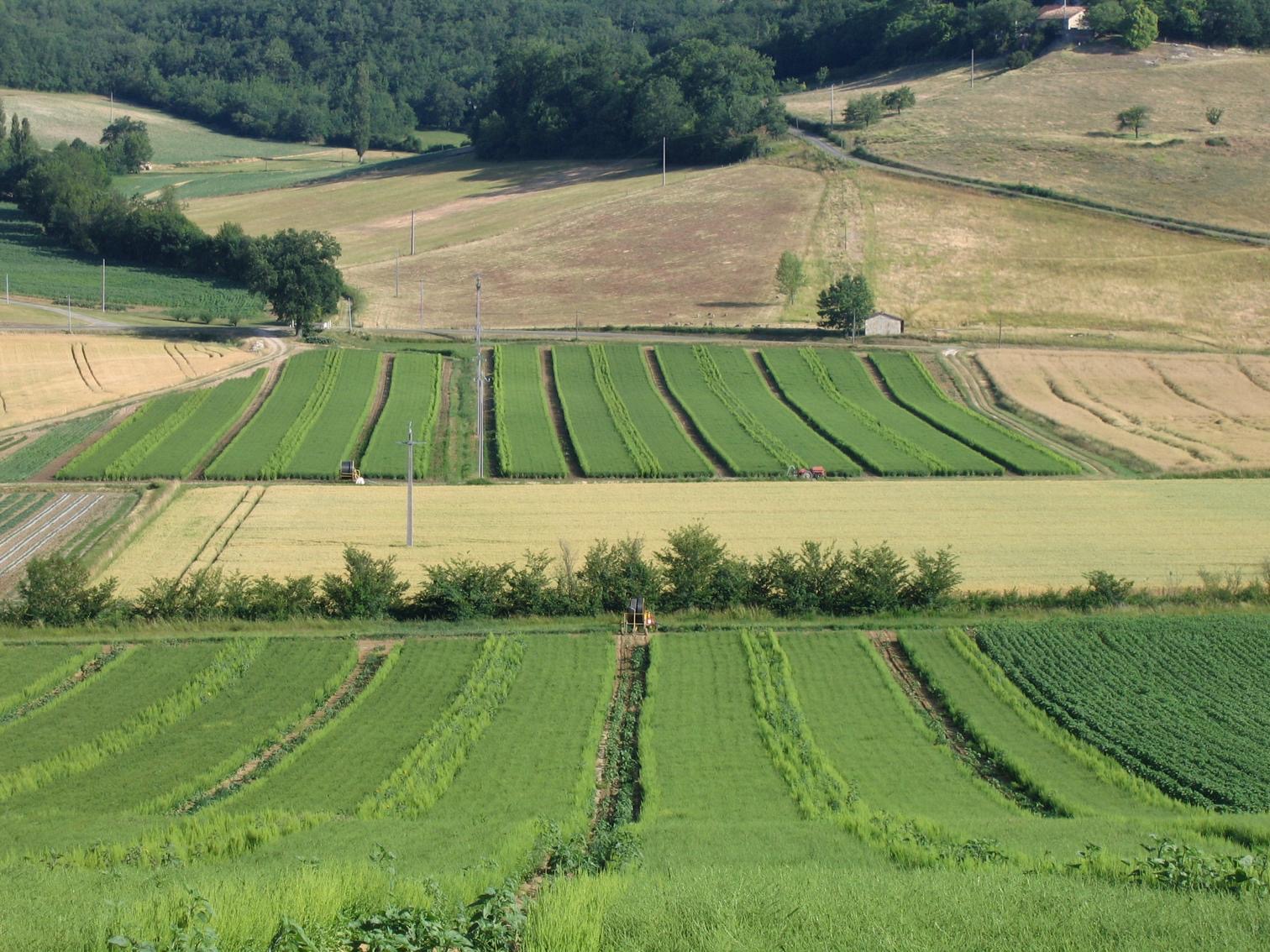“Continuing with what we’ve always done is no longer an option. Regulations on herbicide use are becoming stricter, and the consequences of climate change are increasingly visible.” And so the time to figure out how to restore the soil and better nourish plants, is now, according to Marcel Brandt. He explains why SESVanderHave is participating in Seedshift and what the company hopes to achieve.
Fieldlab Seedshift Steering Committee

Marcel Brandt heads the multiplication department at SESVanderHave. In his 32 years with this specialist in sugar beet, fodder beet, and chicory seeds, he has held various positions. By joining forces with the other companies within Fieldlab Seedshift, Marcel hopes to achieve real progress for the sector.
“In the 1960s, farmers began plowing and reworking the soil with the aim of increasing yields. And they succeeded. But what they didn’t realize at the time, is that this also meant they were slowly degenerating the soil. Now, some 60 years later, many soils are so degenerated that they have lost their elasticity. We are increasingly feeling the consequences of this.”
Why have these consequences only really surfaced in recent years? Marcel explains: “The process of soil degeneration is slow. You don’t notice it until it’s almost too late. Moreover, the climate is very different now than it was thirty years ago. Back then, we also saw differences in yields between fields. But in the past ten to fifteen years, those differences have become more visible.”
Cause or effect
Soil degeneration has partly arisen because farmers often chose the easy way. Marcel gives an example: “Take nitrogen. For years, it was a miracle cure to make plants grow faster. But it also suppressed other problems. Plants don’t actually need that much nitrogen to grow well. It’s better to address the issues plants are facing in a way that is healthier for the soil.”
What needs to change to bring about a positive shift? Marcel explains: “Previously, when devising solutions, we always focused on combating consequences. Now, we want to look at the causes: why do plants get sick? If we address this properly, we can ensure that plants grow healthier. They then produce better seeds and are less susceptible to stress, viruses, and bacteria. A win-win situation.”
Bridging the gap
In recent years, SESVanderHave has conducted various experiments to contribute to soil restoration and better fertilization. Marcel explains: “We have provided fields for experimentation with some farmers. The initial results are promising: we believe we already have methods that can work for both soil health and fertilization.”
However, bringing the soil back to a healthy status doesn’t happen overnight. Marcel: “We are currently in a transitional situation, moving from unhealthy to healthy practices. Changing everything at once is possible, but it also means that yields can drop significantly. That’s not the goal. With Seedshift, I hope to bridge the gap to make that transition in a way that fits both the soil and the economic model.”
Practical Guidance
Marcel has been involved with Seedshift for a year now. He talks about his experience being on this fieldlab: “The partners are all different, but we have a lot in common. By working together, we ensure that we don’t all have to reinvent the wheel. I hope we can start moving forward even faster, so we can initiate real change.”
With Seedshift, Marcel hopes to be better positioned to bring farmers and seed companies to this change. He concludes: “Many companies fear that it will cost a lot of money. And so, they choose to do nothing. I hope we can provide these companies with practical guidance to make the switch in an economically responsible manner. So that in the next decades, we can still produce healthy seeds.”
We thank Marcel for sharing his insights about open innovation within the seed industry. For further information on Seedshift, please contact David de Witt (info@seedshift.nl) and follow us on LinkedIn: Fieldlab Seedshift.

